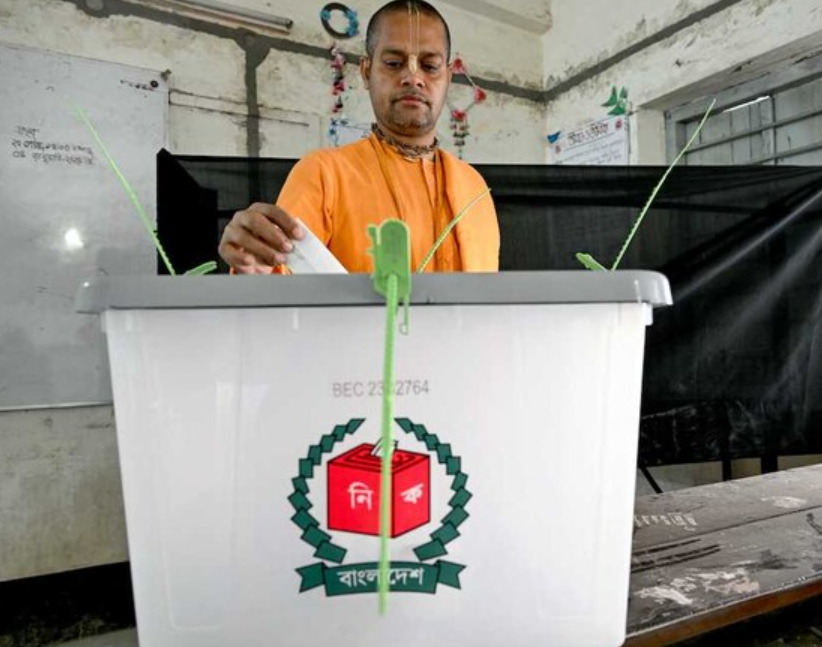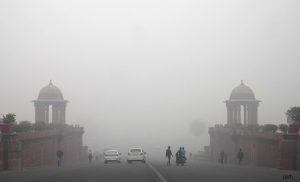Trump Urges Supreme Court to Delay TikTok Ban or Forced Sale, Citing Political Resolution
President-elect Donald Trump has called on the U.S. Supreme Court to delay implementing a law that would either ban the popular social media app TikTok or force its sale to an American company. Trump’s legal team argues that the incoming administration should be granted the opportunity to seek a “political resolution” to the matter.
Key Details of the Case
The law in question mandates that TikTok’s Chinese parent company, ByteDance, divest the platform by January 19, 2025, or face a nationwide ban. Congress approved the legislation in April 2024, citing national security concerns over ByteDance’s potential ties to the Chinese government. TikTok, which boasts over 170 million U.S. users, has challenged the law in court, seeking its repeal.
The Supreme Court is scheduled to hear arguments on the matter on January 10. If the law is upheld and no divestment occurs, TikTok could be banned in the U.S. just one day before Trump’s inauguration.
Trump’s Position
Trump’s support for delaying the ban marks a notable shift from his 2020 stance when he attempted to block TikTok’s operations in the U.S. and force its sale. This reversal highlights TikTok’s efforts to build relationships with Trump and his team during the 2024 presidential campaign.
“President Trump takes no position on the underlying merits of this dispute,” said D. John Sauer, Trump’s lawyer and his pick for U.S. solicitor general. “Instead, he respectfully requests that the Court consider staying the Act’s deadline … thus permitting President Trump’s incoming administration the opportunity to pursue a political resolution of the questions at issue.”
Trump’s interactions with TikTok CEO Shou Zi Chew in December included a meeting where Trump expressed a “warm spot” for the app. The president-elect also acknowledged the platform’s role in garnering billions of views during his campaign.
Arguments and Counterarguments
The Justice Department has maintained that TikTok’s Chinese ownership poses a persistent national security threat. This view is supported by most U.S. lawmakers, citing concerns over data privacy and potential foreign influence.
TikTok has countered these claims, stating that its user data and recommendation algorithms are housed on Oracle-operated servers within the U.S. Content moderation decisions for American users are also made domestically, the company argues. Additionally, free speech advocates have criticized the legislation, comparing it to censorship policies used by authoritarian regimes.
On the other side, Montana Attorney General Austin Knudsen, along with 22 other attorneys general, filed an amicus brief urging the Supreme Court to uphold the legislation. “Chinese control of TikTok represents an unacceptable risk to U.S. national security,” Knudsen’s coalition stated.
What’s Next?
The Supreme Court’s decision on whether to stay the law’s January 19 deadline will significantly impact TikTok’s future in the U.S. and set the tone for Trump’s approach to balancing national security concerns with digital innovation and free speech. As the legal battle unfolds, the case has become a focal point of U.S.-China relations and the broader debate over digital sovereignty.














Post Comment